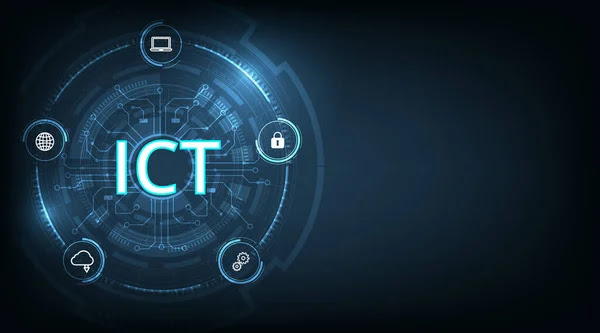
In the dynamic landscape of the 21st century, millennials find themselves at the forefront of societal and economic shifts, navigating a world marked by innovation, uncertainty, and unprecedented challenges. While the concept of insurance may not be the most captivating topic for the young generation, it holds profound significance in shaping their financial well-being and future security. In this exploration, we delve into the relevance of insurance for millennials, debunking myths that often surround it, and emphasizing the crucial role of early financial planning.
The Millennial Landscape
1. Understanding Millennial Priorities:
Millennials, born between the early 1980s and the mid-1990s, face a unique set of financial circumstances. Many are burdened by student loan debt, grappling with the challenges of homeownership, and contemplating career paths marked by gig work and entrepreneurship. Amid these factors, insurance might not always be a top-of-mind consideration.
2. Myths Surrounding Millennials and Insurance:
Myth 1: "I'm Young and Healthy; I Don't Need Insurance."
Reality: Accidents and illnesses are unpredictable. Having insurance ensures financial protection in unexpected situations, preventing a sudden health crisis from derailing long-term financial goals.
Myth 2: "Insurance is Too Expensive for My Budget."
Reality: The cost of insurance varies, and there are affordable options tailored to millennials. Viewing insurance as an investment in financial security reframes its value.
Myth 3: "I Can Rely on Employer Benefits."
Reality: While employer-provided insurance is valuable, it might not cover all scenarios. Having personal coverage offers an additional layer of protection, especially during career transitions.
Unveiling the Importance of Insurance
1. Protecting Future Finances:
Insurance serves as a financial safety net, shielding millennials from unexpected expenses that could otherwise erode savings or lead to debt. Whether it's health, life, or disability insurance, the right coverage ensures that financial goals remain intact, even in challenging times.
2. Health Insurance for Well-being:
Millennials, known for prioritizing well-being, often overlook the importance of health insurance. Beyond covering medical expenses, health insurance promotes preventive care, fostering a proactive approach to physical and mental health.
3. Life Insurance as a Foundation:
Contrary to the misconception that life insurance is only for older individuals, millennials can benefit from it as well. Life insurance provides a foundation for financial planning, offering a safety net for loved ones and potential beneficiaries.
4. Income Protection through Disability Insurance:
The gig economy and diverse career paths make disability insurance particularly relevant. In the event of an unexpected disability, this type of coverage ensures a continued income stream, preventing financial setbacks.
5. Long-Term Financial Planning:
Insurance aligns seamlessly with the millennial ethos of long-term financial planning. It complements investment strategies by mitigating risks and offering a layer of security that allows for more robust and sustainable wealth-building.
Emphasizing Early Financial Planning
1. Building Financial Resilience:
Early adoption of insurance fosters financial resilience. It equips millennials to face life's uncertainties with confidence, knowing that they have laid the groundwork for financial stability.
2. Harnessing the Power of Compound Growth:
The earlier millennials engage in financial planning, the more they can leverage the power of compound growth. Insurance, when integrated into a comprehensive financial strategy, becomes a catalyst for long-term wealth accumulation.
3. Customizing Coverage for Individual Needs:
Insurance is not a one-size-fits-all concept. Millennials can customize their coverage based on individual needs, ensuring that it aligns with their lifestyle, aspirations, and risk tolerance.
4. Educating and Empowering Millennials:
Financial literacy plays a pivotal role in empowering millennials to make informed decisions. Educational initiatives that demystify insurance, debunk myths, and highlight its relevance contribute to a generation that embraces early financial planning.
Conclusion
In unraveling the importance of insurance for millennials, it becomes evident that this demographic stands to gain significantly from early engagement with comprehensive coverage. Beyond dispelling myths, it's crucial to foster a mindset that views insurance as an integral component of holistic financial planning. From safeguarding against unforeseen health issues to building a foundation for long-term financial goals, insurance emerges as a strategic tool that aligns seamlessly with the values and priorities of the young generation.
As millennials continue to shape the future, embracing the significance of insurance becomes not just a financial decision but a proactive step towards securing a stable and resilient tomorrow. Through education, personalized planning, and a shift in perception, millennials can navigate the complexities of the modern financial landscape with confidence, knowing that they have fortified their financial foundations for the journey ahead.

